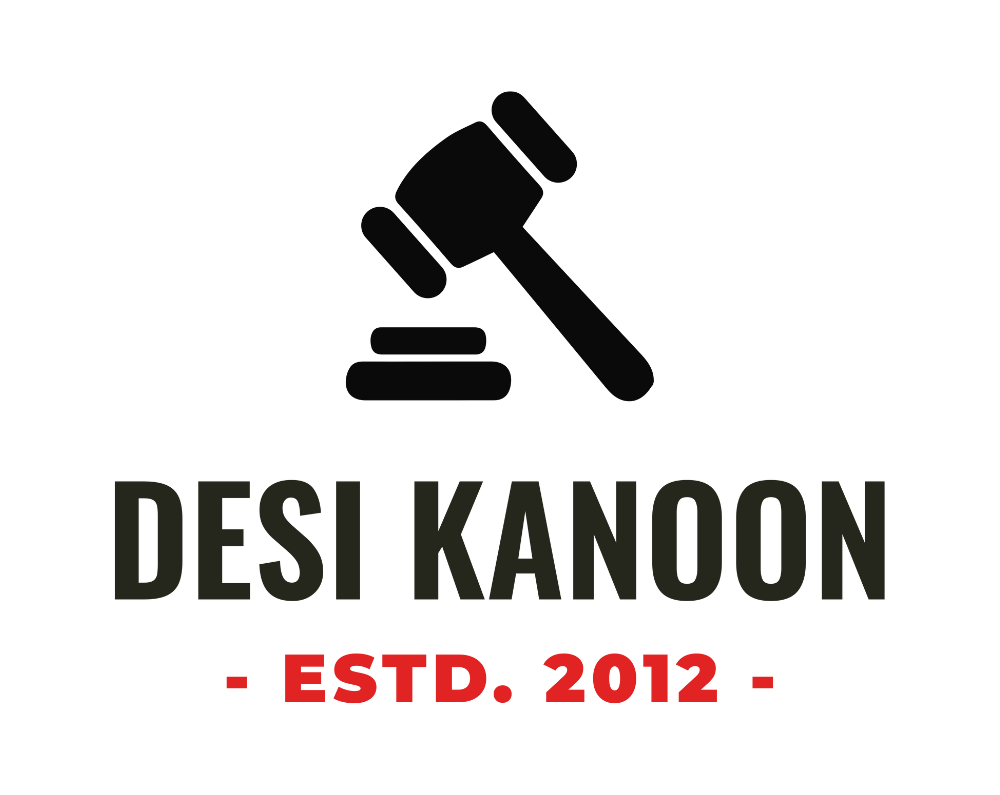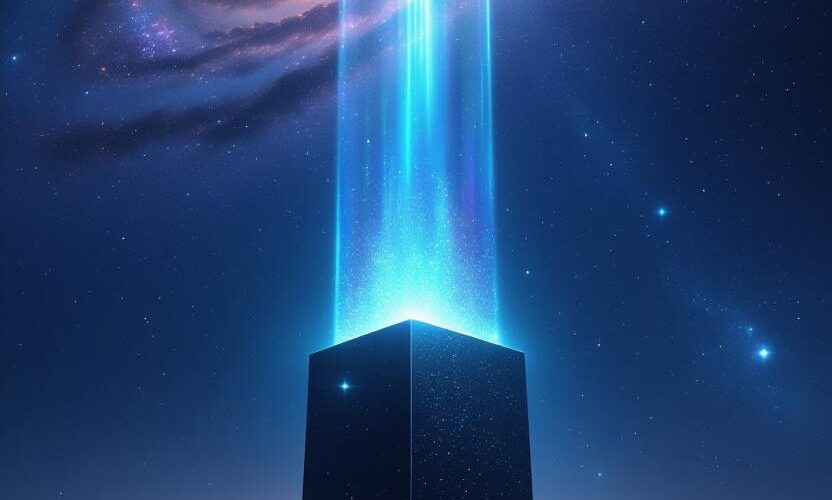In 2001: A Space Odyssey by Arthur C. Clarke, the early hominids/man-apes in the Pleistocene era (around 2.5 to 3 million years ago) were bestowed with intelligence by aliens, which led to the development of cognitive and other similar abilities, gradually culminating in what we have today as a spacefaring human civilization. Obviously, it is a work of fiction. However, what does not seem to be a work of fiction is the bestowing of intelligence in a gradual manner into machines/AI by human beings.
Humans took millions of years to develop themselves as a society. With AI, the pace is likely to be faster because they are heavily assisted, created, and nurtured by human intelligence. An argument may be made here that there is too much obsession with artificial intelligence, and most of the time, it’s just empty gas. Many believe that AI is just another incremental steppingstone in human technological society, nothing more than that. Others, however, emphatically believe that the current state of development of artificial intelligence is far more important and exciting than the advent of the internet itself.
My own view here is slightly different and nuanced. I am fascinated by the current developments in AI, but at the same time, I emphatically believe that human ingenuity is going to remain unparalleled, at least in the near future. What makes human imagination so superior? Imperfections, glitches, faults, mistakes, errors, etc., are all present in each and every human being. It is these blemishes and imperfections that provide real beauty to the work of human beings. Drawing a straight line is not fun, but twisting and turning that line to make different shapes definitely is. Similarly, as an old adage goes, a sword cannot perform the work of a needle; big and detailed may not always be better.
There is a famous article by Bertrand Russell, In Praise of Idleness, where he argues that far too much work is being done in society, and in the name of being industrious, we end up doing work that is actually neither meaningful nor desirable. I totally echo that sentiment, more so because I believe that we are living in an era of constant technological flux. Today, with the advent of a particular technology, ‘n’ number of predictions based on it will be made. Tomorrow, a new technology will come and turn upside down all the earlier predictions. This process will go on, and it has been going on for quite some time.
Let us focus more on human imperfections and harness them to make our respective lives as meaningful as we want them to be. Chasing mathematical exactitude in anything, except math, only brings sorrow. Even in mathematics as a subject itself, it is often taught that a hyper-technical and overly restrictive approach is never desirable. My only purpose in providing this unsolicited advice is that, in this ever-changing society, we must not lose ourselves and give in to things that are not fun.

